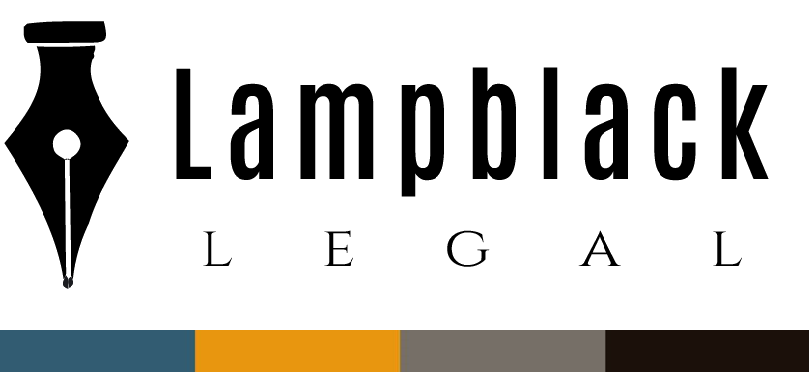NAICS Codes - what they are and why they’re important
Once in a while a client will ask us what their NAICS or SIC codes are. This usually happens when they’re in the process of applying for insurance, a loan, or submitting an application to a government department (e.g. registering to do business in another state, or filing a petition to hire a foreign worker).
Firstly what are NAICS codes? They are North American Industry Classification System codes that are administered by the U.S. census bureau. Their purpose is to assign each industry sector a specific code which can assist the government with tasks such measuring economic output and employment trends. Examples of codes are 335210 (Small Electrical Appliance Manufacturing) and 812111 (Barber Shops). Businesses can have only one “primary” NAICS code, though additional NAICS codes are often used when dealing with government contracts.
Secondly, it’s initially a self-assessment process. Companies are not assigned an NAICS code by any governmental or industry body, and it’s not something that they can apply for. Instead, companies are expected to search the NAICS database and use the closest code that fits. Where there is no good fit (as often happens where businesses straddle sectors, or for businesses in emergent sectors), there are “other” codes - e.g. 339999 (“all other manufacturing") or 551990 (“all other scientific, technical and professional services”).
Thirdly, while no one is (directly) policing a company’s selected NAICS code, care should still be taken to choose the right code. Insurers use NAICS codes to assess risk, and similar sectors can have significantly different risk profiles. As an example, bicycle manufacturing is lower risk that e-bike manufacturing, selecting the wrong NAICS code could result in a denial of coverage. Another reason why care should be taken is that the income cap that defines whether a business is a “small business” varies from sector to sector. As small businesses can have advantageous access to loans, grants and government contracts, a business can miss out by selecting the wrong code.
For most small businesses, the correct NAICS code will be clear. For other businesses for which a few different codes might fit, it’s worth taking a closer look to determine the advantages/disadvantages of either before making a selection.
